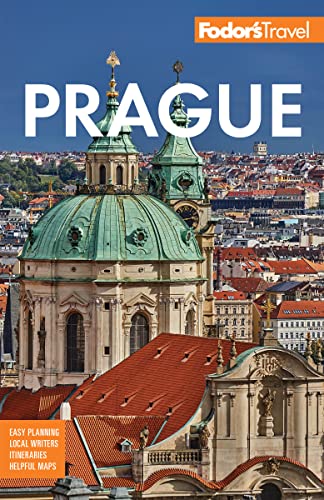Nicknamed the "Manchester of Moravia," Brno (pronounced "burr-no") has a different feel from other Czech or Moravian cities. Beginning with a textile industry imported from Germany, Holland, and Belgium, Brno became a leading industrial center of the Austro-Hungarian Empire during the 18th and 19th centuries. Some visitors search in vain for an extensive old town, pining for the traditional arcaded storefronts that typify other historic Czech towns. Instead, you'll see fine examples of the Empire and neo-Renaissance styles, their formal, geometric façades more in keeping with the conservative tastes of the 19th-century middle class.
In the 1920s and ’30s, the city became home to some of the best young architects working in the early-modern, Bauhaus, and "international" styles. The architectural rivalry with Prague continues to this day, with Brno now claiming the country’s tallest building. The AZ Tower beats Prague’s City Tower by a mere six feet. When Prague roundly rejected a modern library designed by famed architect Jan Kaplický, a scale model of the façade was built as a bus stop on Okružní Street in Brno’s Lesná district.
Experimentation wasn’t restricted to architecture. Leoš Janá?ek, an important composer of the early modern period, lived and worked in Brno, as did Austrian novelist Robert Musil. That artistic support continues today, and the city is considered to have some of the best theater and performing arts in the country, as well as a small but thriving café scene. It has also become a high-tech development hub, with numerous software companies, several good science-oriented schools, and a government-backed support center.
And while the city has been reaching new heights with skyscrapers in its "Little Manhattan" area, it has also been reaching new depths by recently opening up an underground labyrinth as well as Europe’s largest ossuary—a subterranean collection of human bones from several centuries.
Allow a couple of hours to fully explore the Špilberk Castle. Museum enthusiasts could easily spend a half day or more browsing through the city's many collections. Brno is relatively busy on weekdays, surprisingly slow on weekends. Avoid the city at trade-fair time (the biggest are in early spring and early autumn), when hotel and restaurant facilities are strained. If the hotels are booked, the tourist information center at the town hall will help you find a room.




